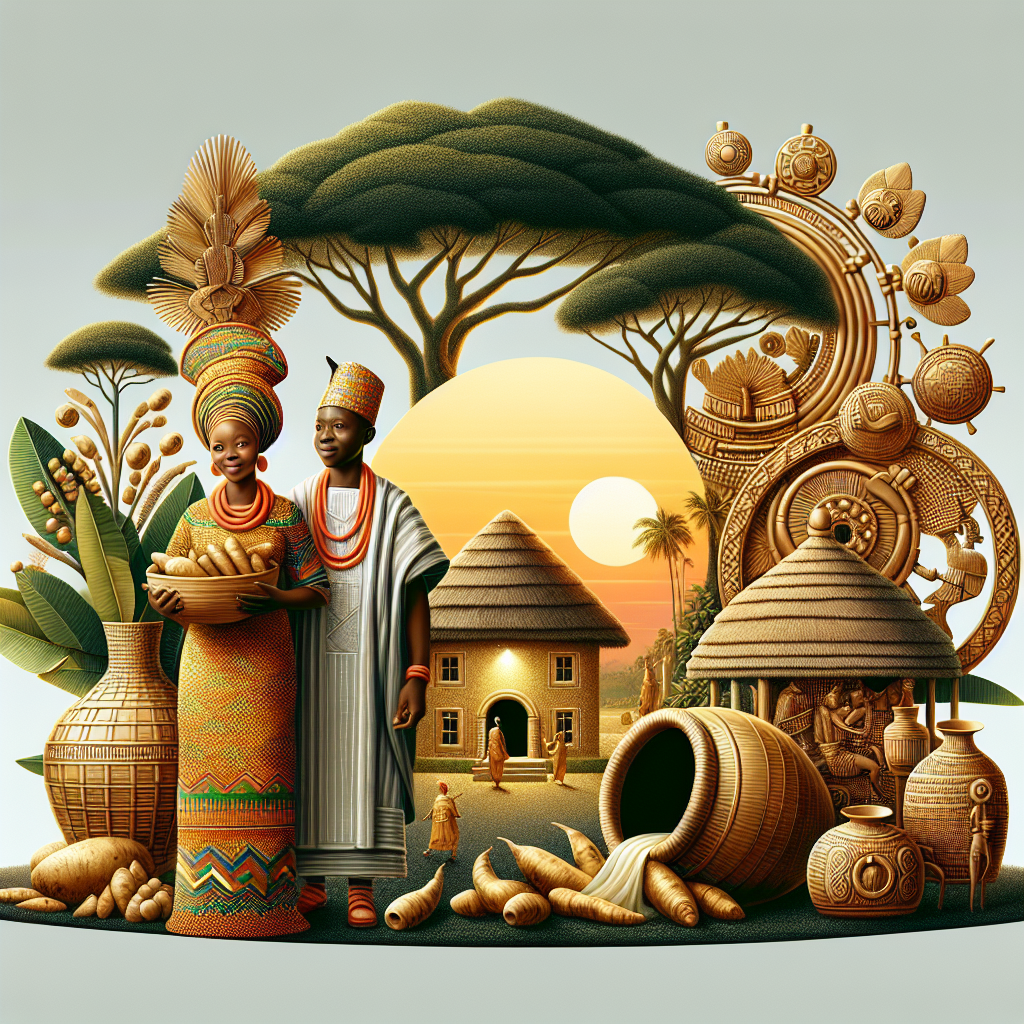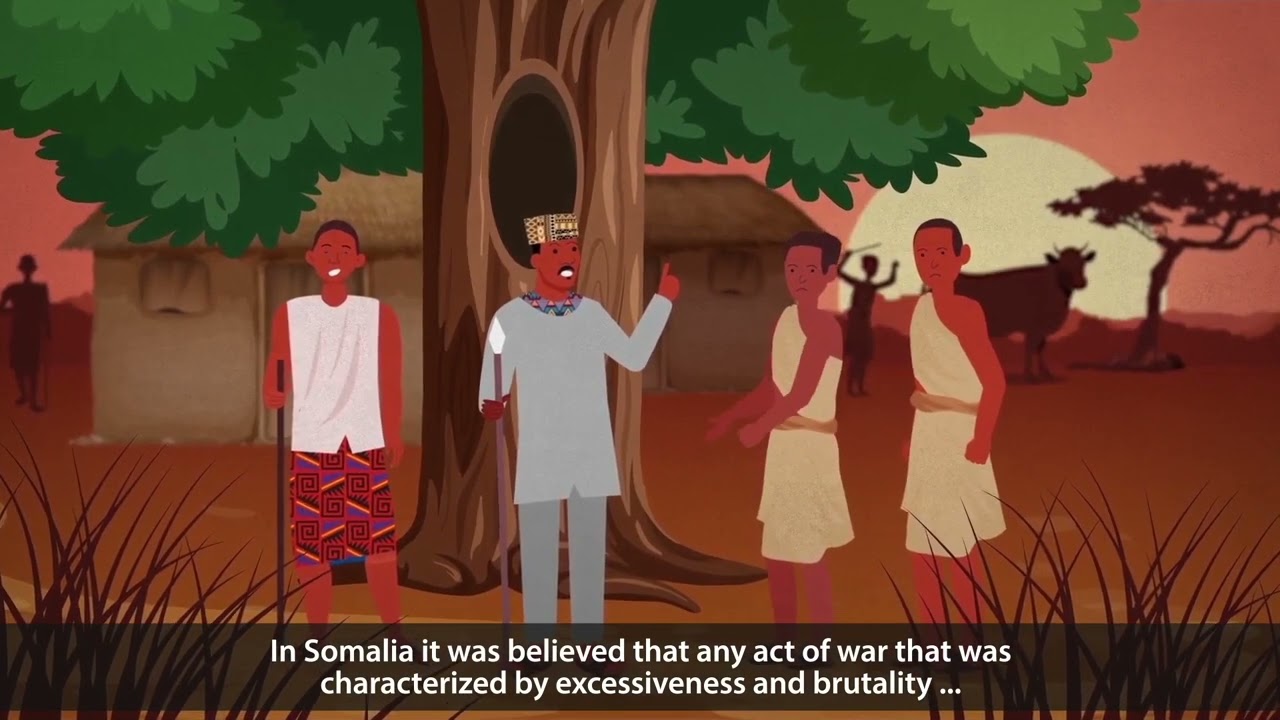Nigeria is a country rich in culture and traditions, with over 250 ethnic groups, each with its own unique customs and practices. These traditional customs are an integral part of the country’s heritage and identity, and play a crucial role in shaping the social fabric and values of Nigerian society.
However, in recent years, there has been a growing concern about the preservation and safeguarding of Nigeria’s traditional customs. This is due to various factors, including the influence of modernization, globalization, and urbanization, which have led to the erosion and dilution of these age-old traditions.
One of the main challenges facing the preservation of Nigeria’s traditional customs is the rapid pace of change and development in the country. As Nigeria becomes more urbanized and industrialized, many traditional customs and practices are gradually being forgotten or abandoned as people adopt more modern ways of living.
Furthermore, the influence of Western culture and technology has also had a significant impact on Nigeria’s traditional customs. As young people are exposed to Western media and lifestyles, they may start to view their own traditions as outdated or irrelevant, leading to a decline in the practice of these customs.
However, despite these challenges, there are efforts being made to preserve and safeguard Nigeria’s traditional customs. Many cultural organizations, NGOs, and government agencies are working to document, promote, and protect the country’s rich cultural heritage.
One example of this is the National Commission for Museums and Monuments, which is responsible for the preservation and promotion of Nigeria’s cultural heritage. They have established museums and cultural centers throughout the country to showcase traditional artifacts, artworks, and customs, providing a platform for educating both Nigerians and foreign visitors about the country’s diverse cultural heritage.
Additionally, there are various cultural festivals and events held throughout Nigeria that celebrate and showcase traditional customs, such as the Durbar festival in Kano, the New Yam festival in the Igbo region, and the Argungu fishing festival in Kebbi State. These events not only serve as a way to preserve and promote Nigeria’s traditional customs but also provide opportunities for communities to come together and strengthen their cultural identity.
In conclusion, Nigeria’s traditional customs are a valuable and important part of the country’s heritage, and efforts must be made to preserve and safeguard them for future generations. By documenting, promoting, and celebrating these customs, Nigeria can ensure that its rich cultural heritage is passed down and cherished for many years to come. It is essential for Nigerians to take pride in their traditional customs and work together to ensure that they continue to thrive in the face of modernization and globalization.












